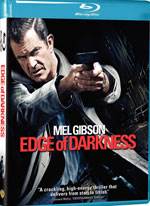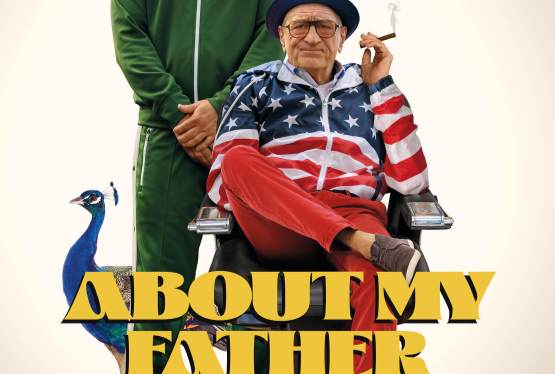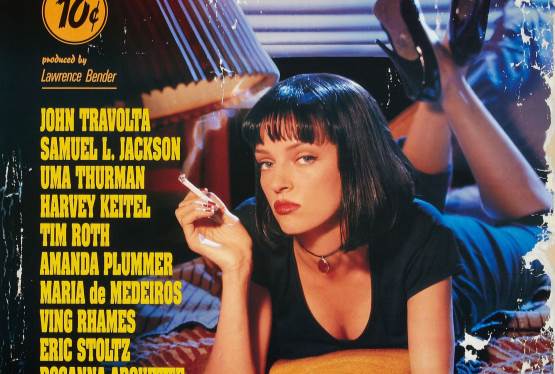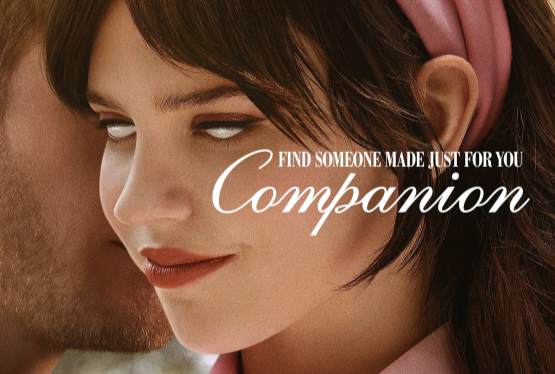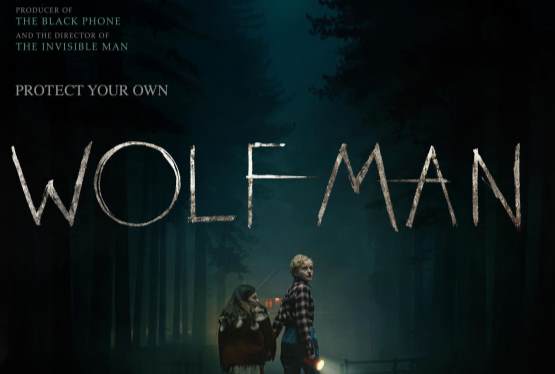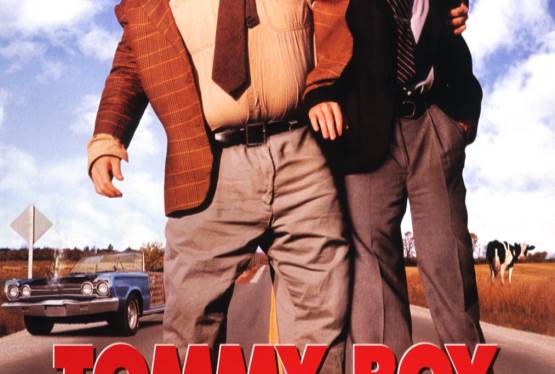For if you previously encountered any marketing for this film at all at all, such as the cover box art, you know that Edge of Darkness is a revenge movie, and she is Detective Ray Winstone's (Mel Gibson, Ransom, Braveheart) daughter, and therefore is destined to only live briefly, shortly to become a lens to focus his rage. All of Mel Gibson's best work has been done in the field of rage.
Before we can be satisfied by the gift of our lens, we walk through a series of small, but clever misdirections. Here is the real talent of this film, shining most clearly through the choice of shots and careful withholding of details that would otherwise give everything away to the knowledgeable filmgoer. A familiar device becomes unfamiliar, and suddenly familiar again; a conversation in the language of politics and platitudes breaks the illusion and becomes deeply personal. Without further information I would attribute many of these gratifying surprises to director Martin Campbell (Casino Royale, and the BBC miniseries on which Edge of Darkness is based).
Among these surprises are the characters. Even minor antagonists, seemingly falling into recognizable tropes from a million other films, shapeshift on-screen into something you don't quite expect. Scenes among the major antagonists tease the plot without revealing too much by way of their own internal rivalries and conflicting agendas. On the subject of the plot, it is not too simple nor too complicated, like so many other conspiracies, but indeed consciously comments on the excesses in either direction of so many conspiracy thrillers.
One pleasantly unsuspected character, especially for someone who has come to expect certain things from Mel Gibson, is Ray himself. At several points in the film, dialogue alludes to a certain harmony of behavior between Ray and his daughter, Emma (Bojana Novakovic, Drag Me To Hell). Only late in the film is it apparent how carefully Ray, in his pursuit of the truth, reflects Emma's own method pursuit, even though it might lead to his downfall. They are alike even in their modes of desperation.
If anything, the ending is too satisfying and too conclusive. This is likely an artifact of its original form, a miniseries, and for an actor whose most recent work has been decidedly in a creative rut, adaptation was a perfect new direction.
Blu-Ray transfer: Video and audio transfer are both of high quality; I have no complaints. The high dynamic range afforded by Blu-Ray audio codecs is much appreciated here.
Special features: The deleted scenes are short, and include alternates that were the right choice for exclusion. Other featurettes on the making of the film, also brief, focus on Gibson and Campbell, most interestingly interviewing Campbell on the circumstances surrounding the development of the original miniseries.

